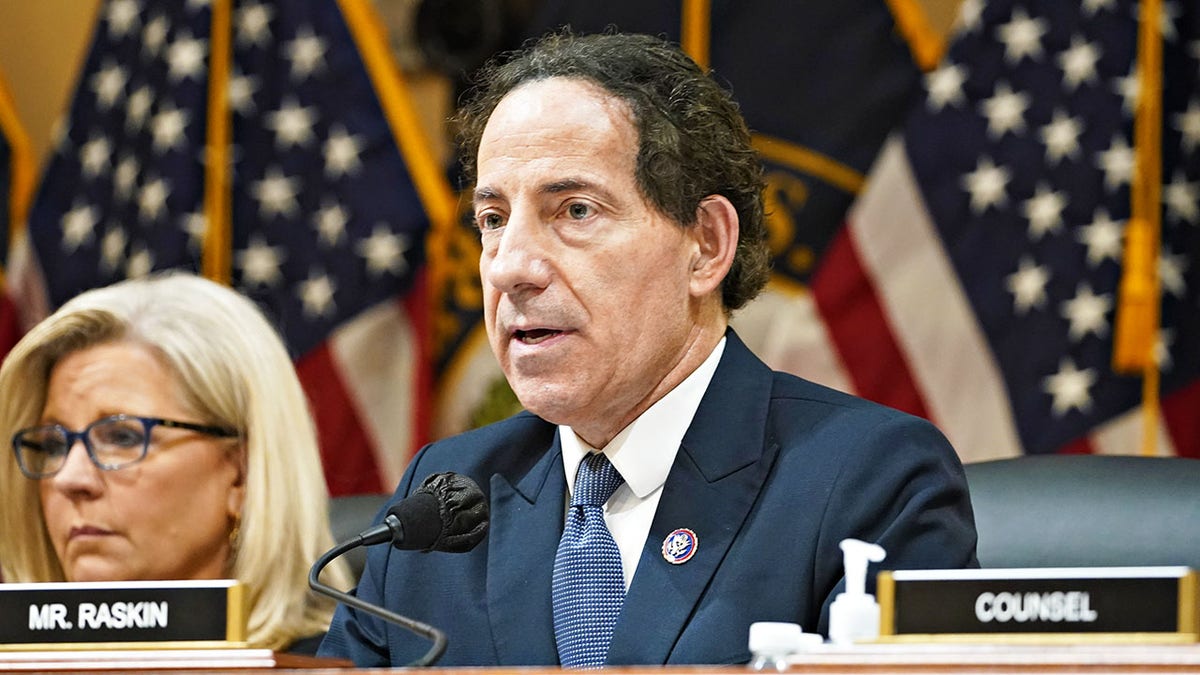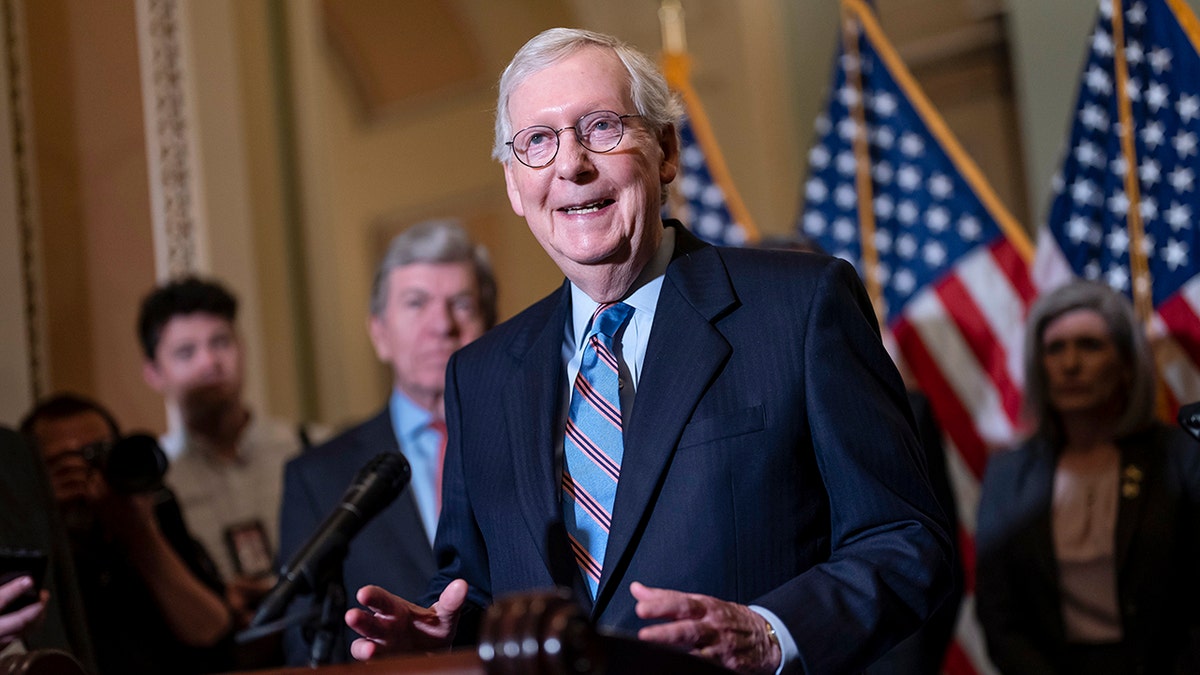Fox News Digital asks Democrats when Inflation Reduction Act will cut inflation
Democrats gave sometimes evasive answers when asked when the Inflation Reduction Act will start cutting prices for Americans.
President Biden is set to sign Democrats' Inflation Reduction Act into law Tuesday, but White House officials are not saying when the act will start reducing inflation or by how much, even though the legislation is being billed as a way to slow price increases.
In response to a request from Fox News Digital on Tuesday, the White House did not immediately provide economic modeling showing when the bill will begin to significantly impact overall inflation — which sits at 8.5% over a year ago as of July. It did not immediately respond to a follow-up question about whether it had developed an estimate showing by how much it would curb price increases.
The White House is nevertheless pushing back against the criticisms that the bill won't do what its name suggests. It cites experts, including the Committee for a Responsible Federal Budget, which say the bill overall will have a "deflationary" effect. It also points to tax credits for green energy that will go into effect immediately and health policies that go into effect at the start of 2023 as measures that will save Americans money.

President Biden is returning from South Carolina to Washington, D.C., Tuesday, Aug. 16, 2022, to sign the Inflation Reduction Act. (AP Photo/Susan Walsh)
Meanwhile, multiple outside studies and economists are projecting that the bill will have very little, if any, success in decreasing inflation. Even Sen. Bernie Sanders, I-Vt., said the bill "will in fact have a minimal impact on inflation," citing the Congressional Budget Office.
But with the midterms coming up, Democrats overall are pressing a message that the Inflation Reduction Act will reduce inflation, although they, too, are not necessarily specific about when those effects will be felt by Americans.
"As soon as the act goes into effect, I hope that all of the provisions will begin to work," Rep. Jamie Raskin, D-Md., told Fox News Digital on Friday. "I know that those who have been blaming President Biden for the inflation going up are now giving President Biden all of the credit for inflation going down," he quipped.

Rep. Jamie Raskin, D-Md., Friday dodged a question from Fox News Digital on which parts of Democrats' reconciliation bill will quickly reduce inflation. (Al Drago/Bloomberg via Getty Images)
HOUSE DEMOCRATS PASS $739B MANCHIN-SCHUMER SPENDING AND TAX INCREASE BILL
Asked which parts of the bill will work quickly to reduce inflation, Raskin said, "Next question."
Rep. Debbie Dingell, D-Mich., emphasized the health care provisions of the bill in an interview with Fox News Digital. She said Americans will notice the effects of the Inflation Reduction Act when they "see a reduction in the cost of their drugs, when people go to pay for affordable care, it will continue to be something they can afford on the exchanges."
According to the White House, an insulin price cap, prescription drug inflation rebates and free vaccines for Medicare recipients will go into effect on Jan. 1, 2023. The bill also extends Affordable Care Act tax credits into 2023.

Senate Minority Leader Mitch McConnell, R-Ky., and his GOP members voted unanimously against Democrats' Inflation Reduction Act last week. (AP Photo/J. Scott Applewhite)
CLICK HERE TO GET THE FOX NEWS APP
Republicans, meanwhile, are hammering Democrats over their bill, which they passed on party-line votes in both the House and the Senate. The GOP says the legislation is more about Democrats wanting to enact partisan priorities than about any effect on the economy.
"Democrats’ response to the recession they caused is giant job-killing tax hikes and doubling the IRS," Senate Minority Leader Mitch McConnell, R-Ky., said. "Democrats’ response to the energy crisis they’ve exacerbated is a war on American fossil fuel to fund Green New Deal giveaways for their rich friends."
McConnell added: "Democrats have proven over and over they simply do not care about middle-class families’ priorities. They have spent 18 months proving that. They just spent hundreds of billions of dollars to prove it again."














































